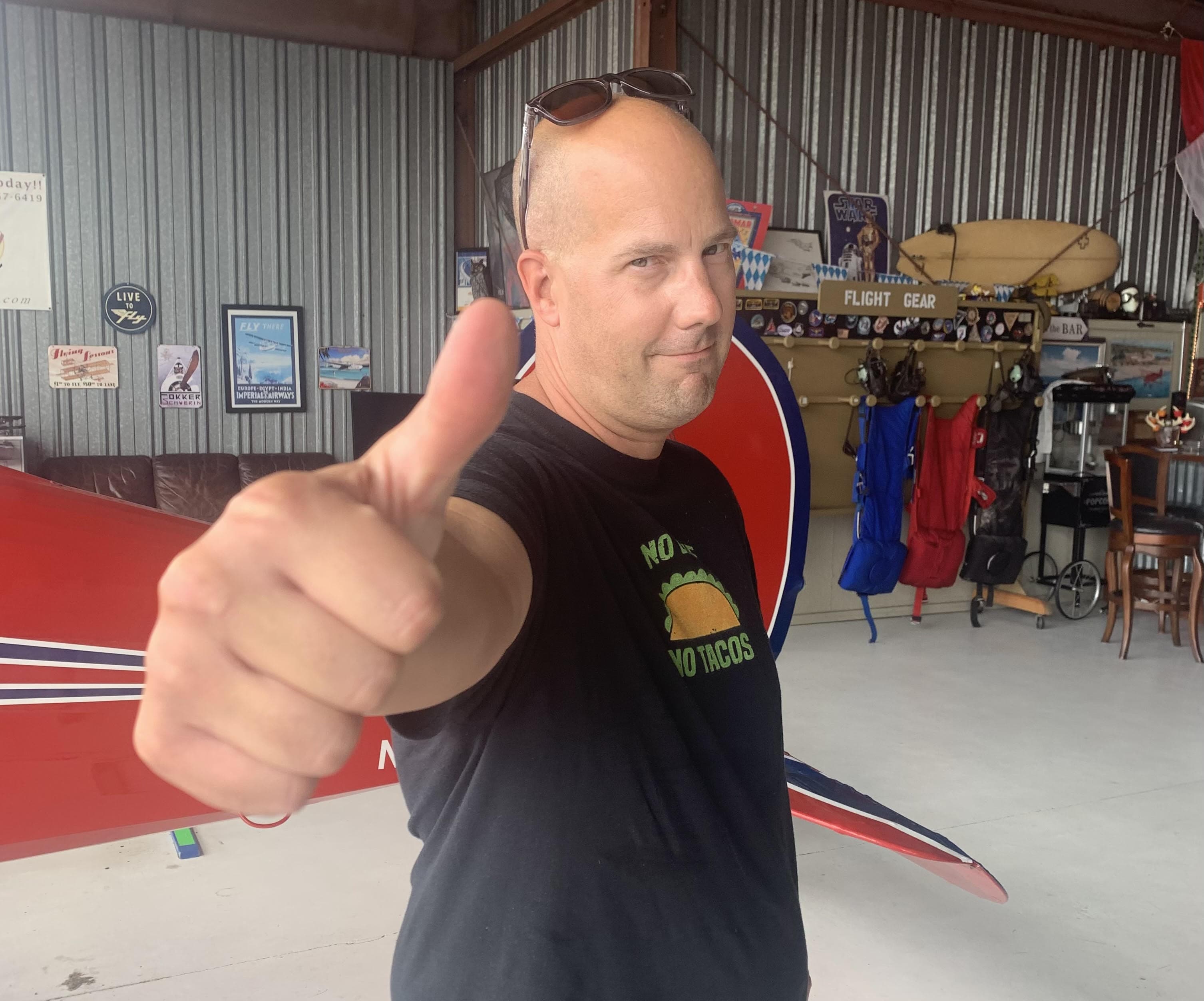‘The one thing I really wish I did’: 3 self-made millionaires who retired early share their biggest money regrets
4 min read
Early retirees often have plenty of reasons to gloat about their financial prowess.
Generally, to call it quits in your 30s or 40s, you have to have accumulated prodigious streams of passive income or stashed away enough money in investment accounts to draw down in perpetuity — both feats that take savvy and discipline.
But even those who have reached that level of financial independence have regrets.
CNBC Make It spoke with three millionaire early retirees who have no second thoughts about the decision to live on their own financial terms, although there are some things they wish they had done differently.
Saving the ‘bare minimum’
Steve Adcock retired in 2016 at age 35 with about $900,000 — a total that gains in the stock market soon pushed over $1 million. He eventually saved a large portion of his salary and invested it, but that wasn’t necessarily the case early on.
“The one thing I really wish I did more of was saving, and especially investing more aggressively,” he says. “It’s exponential growth. The longer you invest, the more money you’ll have at retirement. Period.”
Adcock says he did the “bare minimum” when it came to saving in his early 20s.
“I was saving 10%, which is the commonly recommended saving/investing percentage of your income,” he says. “So at least I was doing that.”
What Adcock describes as the minimum is a very reasonable starting point for many savers. But if you want to build the kind of portfolio that will allow you to retire early, you’ll have to invest as much as possible, as early as possible.
Chasing maximum gains
Alex Trias left his job at age 41 and a few years later, moved to a popular destination for American early retirees: Portugal. Trias and his wife Noki bought a home in Lisbon in 2015 and currently live on dividend income from their stock portfolio.
Early in his career, Trias monitored his investments obsessively, a habit he now views as a drain on his mental energy.
“My greatest regret financially wasn’t my spending, it was my thinking,” Trias says. “I used to think all the time about investing at a low price, waiting and then selling at a higher price. I cannot begin to explain the anxiety and waste this sort of mental framework caused.”
Eventually, Trias learned that it was better for his mental health — and the health of his investments — to avoid trying to time the market.
“One of the things that works really well is an almost mindless habit of repetitiously saving and investing every [time] you get your paycheck, irrespective of what might be happening in the world economy or whether you think stocks are overvalued,” he says.
In doing so, you’d be employing an investing practice known as dollar-cost averaging. By investing the same amount at regular intervals, you not only resist the impulse to react emotionally to the market, but you also virtually guarantee that you buy more shares when the prices are low and fewer when they’re high.
Leaving too soon
Sam Dogen clocked out at his corporate gig at age 34, having amassed a net worth of about $3 million and built a passive income stream of about $80,000 per year. Those figures are impressive, but could have been even more had he waited a little longer, Dogen says.
“Looking back, I could have stayed for at least another year and found a new role within the firm in a different office,” he says. “I had always wanted to work overseas — someplace in Hong Kong, Taiwan, Beijing or London.”
Sticking around also would have allowed him to bank even more money for retirement.
“I would also put 100% of the extra money earned into various risk assets like stocks and bonds. Assuming a 4% annual return, I could have generated an additional $20,000 or more in passive income per year,” he says.
Instead, he left and negotiated a severance package in exchange for onboarding his replacement — not a terrible consolation prize. He even managed to burn a few vacation days before his departure.
Want to be a successful, confident communicator? Take CNBC’s new online course Become an Effective Communicator: Master Public Speaking. We’ll teach you how to speak clearly and confidently, calm your nerves, what to say and not say and body language techniques to make a great first impression. Sign up today and use code EARLYBIRD for an introductory discount of 30% off through July 10, 2024.
Plus, sign up for CNBC Make It’s newsletter to get tips and tricks for success at work, with money and in life.
Discover more from Slow Travel News
Subscribe to get the latest posts sent to your email.



